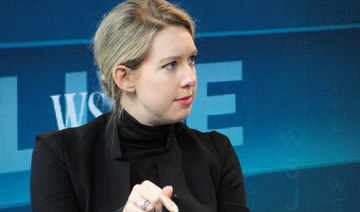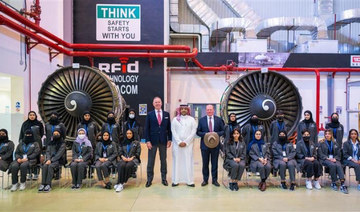LONDON: Contrary to a recent article published by The Economist, “Why women are less likely to be corrupt than men,” research indicates that given the right circumstances, women and men are equally prone to being corrupt.
The idea of women possibly being less corrupt than men gained prominence in the early 2000s. In 2011, the World Bank published a study, which showed that in countries with a greater proportion of female legislators, social workers were less likely to demand bribes.
This is not because women are more likely to confront arrangements or refuse to accept bribes, the study indicated. It is because women are less likely to be members of existing patronage networks, which are predominantly male.
Similarly, women have less opportunity to express or pursue corruption considering that there are fewer women than men in positions of power. Given such power, women may indeed be equally corrupt as men.
Therefore, women are not necessarily less corrupt than men, but are perceived to be less corrupt for a number of reasons.

Women who make it to the top in male-dominated industries through unethical or illegal means are considered to be less evil than men who do the same. (File/AFP)
According to a survey conducted by the World Values Survey, responses suggested women have a lower tolerance toward corrupt behaviors. However, it noted that this is true “only in democracies, but not in autocracies and environments where corruption is endemic and widely tolerated.”
It continued: “In autocracies and where corruption is endemic, women condone corruption as much as men do. In democracies, where corruption tends to be stigmatized to a higher degree, women disapprove of corruption more than men, and are less likely to engage in corrupt practices. This evidence seems to confirm that women are more sensitive to social cues.”
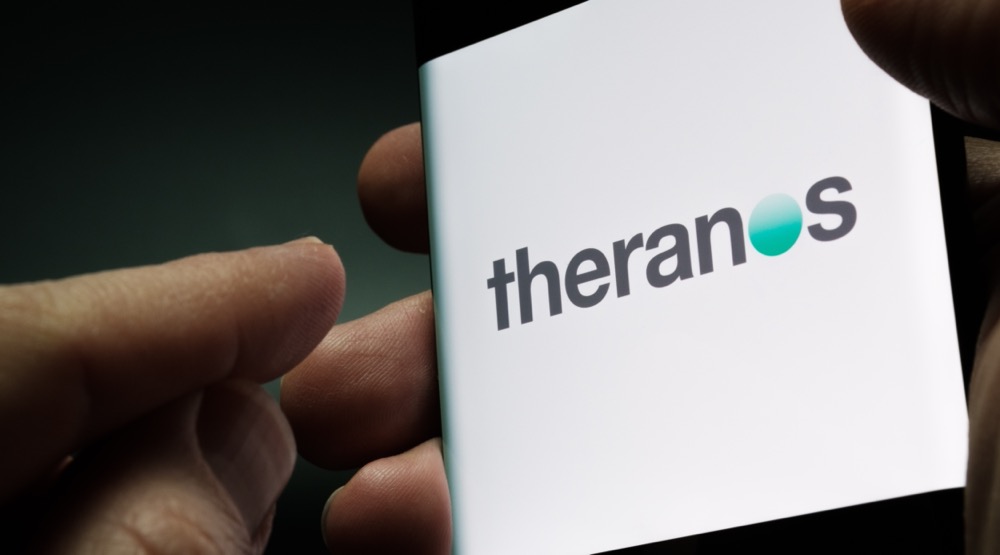
Theranos valuation soared after it claimed to have revolutionized blood testing. (Shutterstock)
There are fewer women in senior leadership roles across industries. So, when women do make it to the top, even if they do so through unethical or illegal means, many are hailed as “courageous villains” or seen as a lesser evil than men who might commit similar crimes.
Take for example Elizabeth Holmes, the founder of Theranos, the now defunct health technology company whose valuation soared after it claimed to have revolutionized blood testing by developing methods that could use surprisingly small volumes of blood.
Despite being found guilty of wire fraud, many still admired her and hailed her as a femme fatale and “girl boss” who did not play by anyone’s rules. Many even acknowledged her guilt but remained impressed with her tactics, calling her an “audacious villain.”
Despite positive public attention, even admiration, women who are found to be corrupt or guilty of crime are actually creating a negative stigma for other female entrepreneurs because their chances to succeed (to this extent) are already fewer than men.
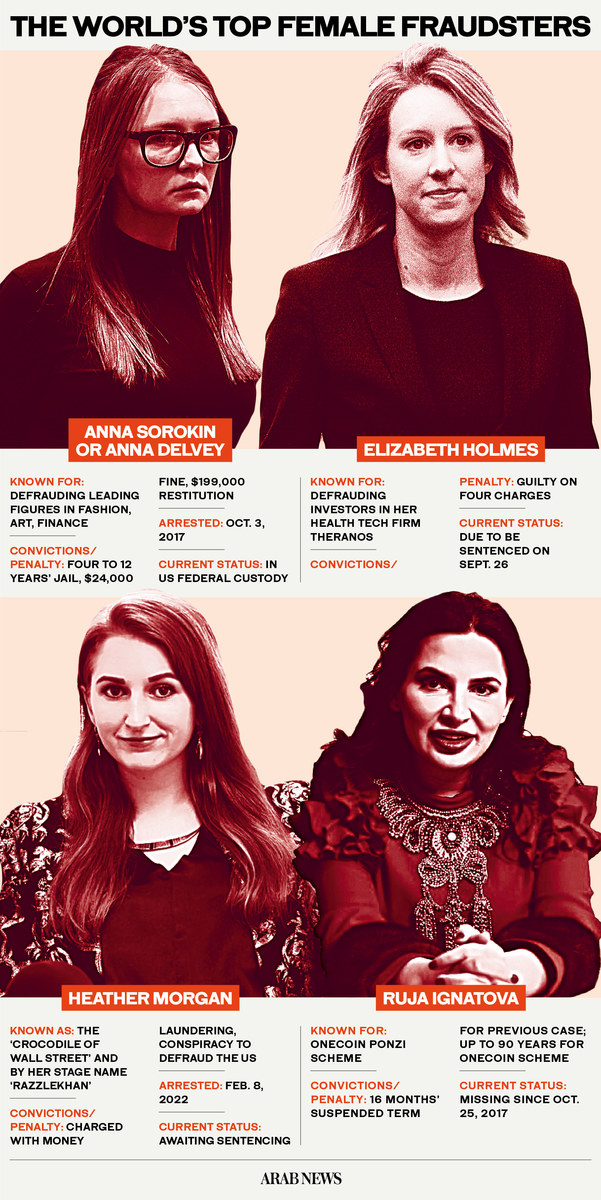
Recently, Netflix released the documentary “The Tinder Swindler” and the miniseries “Inventing Anna.” Both covered the real-life story of a con artist and each made it to the top 10 list in several countries, but reaction to the shows was quite different.
The former tells the story of Simon Leviev, who conned women for their affection and money, while the latter tells the story of Anna Sorokin — or Anna Delvey, as she prefers to be called — who conned men and women for their time, attention and money.
Leviev, although currently free, is widely hated for his emotional manipulation and fraud, and has been the source of inspiration for several memes, inspirational quotes and self-help articles.

Anna Sorokin — or Anna Delvey, as she prefers to be called — conned men and women for their time, attention and money. (AFP)
Between 2013 and 2017, Sorokin pretended to be a wealthy German heiress named Anna Delvey. In 2017, she was arrested after defrauding or intentionally deceiving major financial institutions, banks, hotels and acquaintances in the US for a total of $275,000.
She was sentenced to four to 12 years imprisonment, deportation to Germany on her release, and ordered to pay a $24,000 fine and $199,000 restitution. Yet, audiences seem to admire her smarts and ability to con her way through the high fashion, art and financial worlds of New York.
A big part of her appeal is thanks to social media, particularly Instagram. Even her courtroom attire has its own Instagram account with more than 45,000 followers.
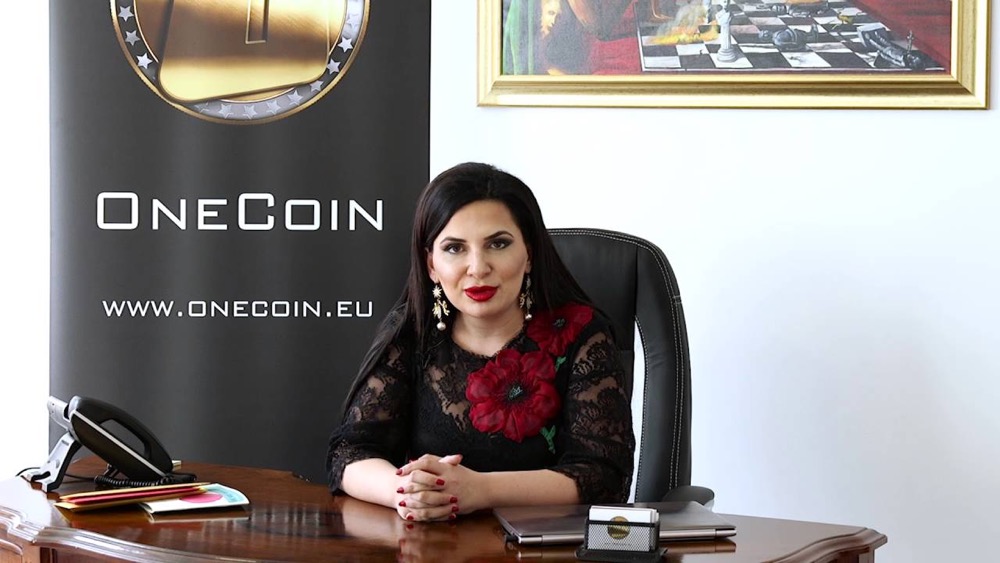
Ruja Ignatova, founder of Ponzi scheme OneCoin, which The Times described as “one of the biggest scams in history.” (Supplied)
Tech and crypto, typically male-dominated fields, have their fair share of female con artists. Look at Ruja Ignatova, founder of Ponzi scheme OneCoin, which The Times described as “one of the biggest scams in history.” Despite defrauding people of billions and being sentenced to up to 90 years in prison, Ignatova has been missing since 2017.
According to a BBC report, she continues to own a luxury penthouse worth £13.5 million in London, which is currently being rented out.
Then there is Heather Morgan and her husband Ilya “Dutch” Lichtenstein who have been accused of conspiring to launder 119,754 bitcoins — now valued at $4.5 billion — stolen during a 2016 Bitfinex heist.
Last month, U.S. District Judge Beryl Howell in Washington overturned a New York judge’s ruling granting bail to Lichtenstein, while allowing Morgan to remain free pending trial. Howell said that both had skills and resources that could help them escape, but Lichtenstein had more “facility and skill” than Morgan and there was no indication that she had any access to the stolen cryptocurrency until it had been removed from the digital wallet that was allegedly controlled by her husband.
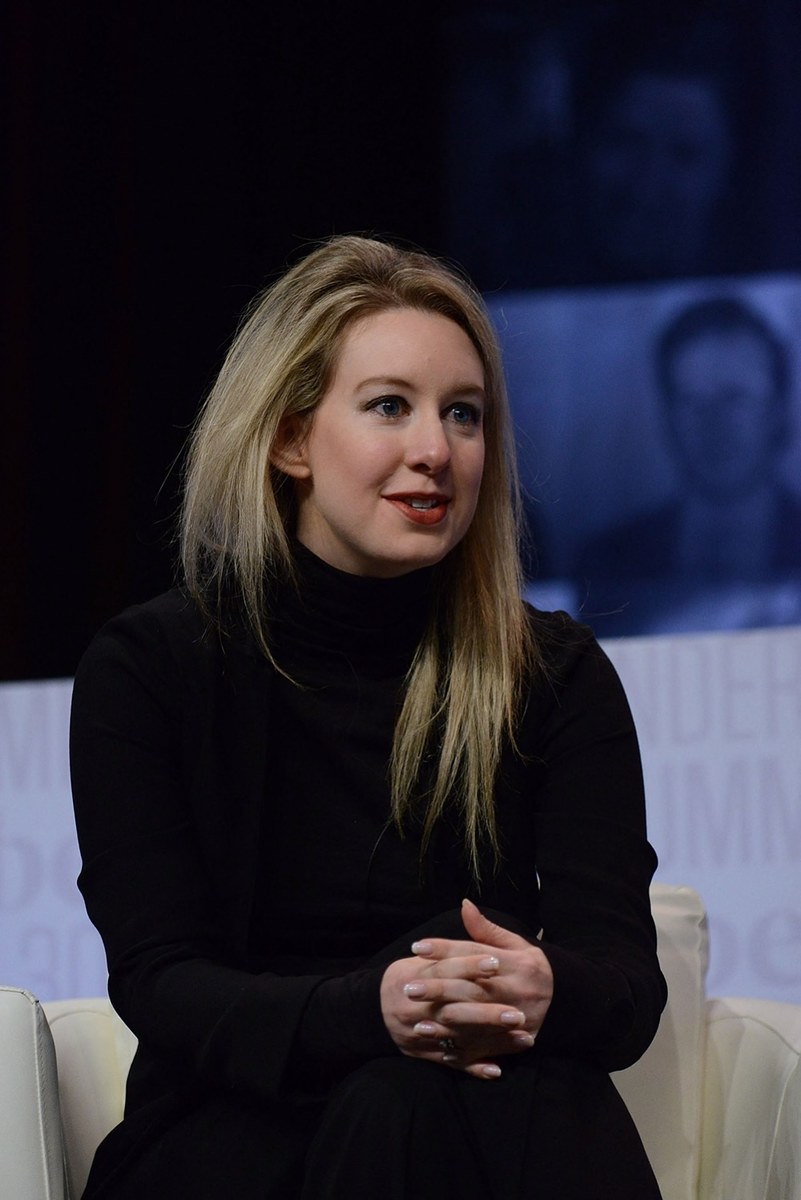
Elizabeth Holmes founded Theranos. (AFP)
Whether it was Sorokin’s street smarts, Holmes’ ability to set up an innovative company, Ignatova’s disappearing act, or Morgan’s many talents from rapper to designer, all of these women have emotionally and financially defrauded people.
Yet, people seem to be more forgiving, even admiring, of them. It is possible that since fewer women make it to the top, people choose to laud their ability to do so, often ignoring the means they have chosen to get there.
Another common trend among these women, and other fraudsters and con artists, is the use of social media and the idea of “hustle” that has become so popular among the millennial generation.
“Within this (hustle) culture – which appears to be most prevalent on the image-based site Instagram, with #hustle appearing 28.7 million times, shortly followed by #grind on 24.8 million posts — wealth and success are prized above all, with the myth reinforced by influencers that if you just #hustle hard enough, the world is yours for the taking,” Laura Martin wrote in The Guardian.
But as Rachel Williams, Sorokin’s victim and former friend, wrote in Vanity Fair: “I think promoting this whole narrative and celebrating a sociopathic, narcissistic, proven criminal is wrong.”




